Tesla delivers 310,048 electric vehicles in the first quarter
Tesla released production numbers for the first quarter after a record-setting close to 2021.
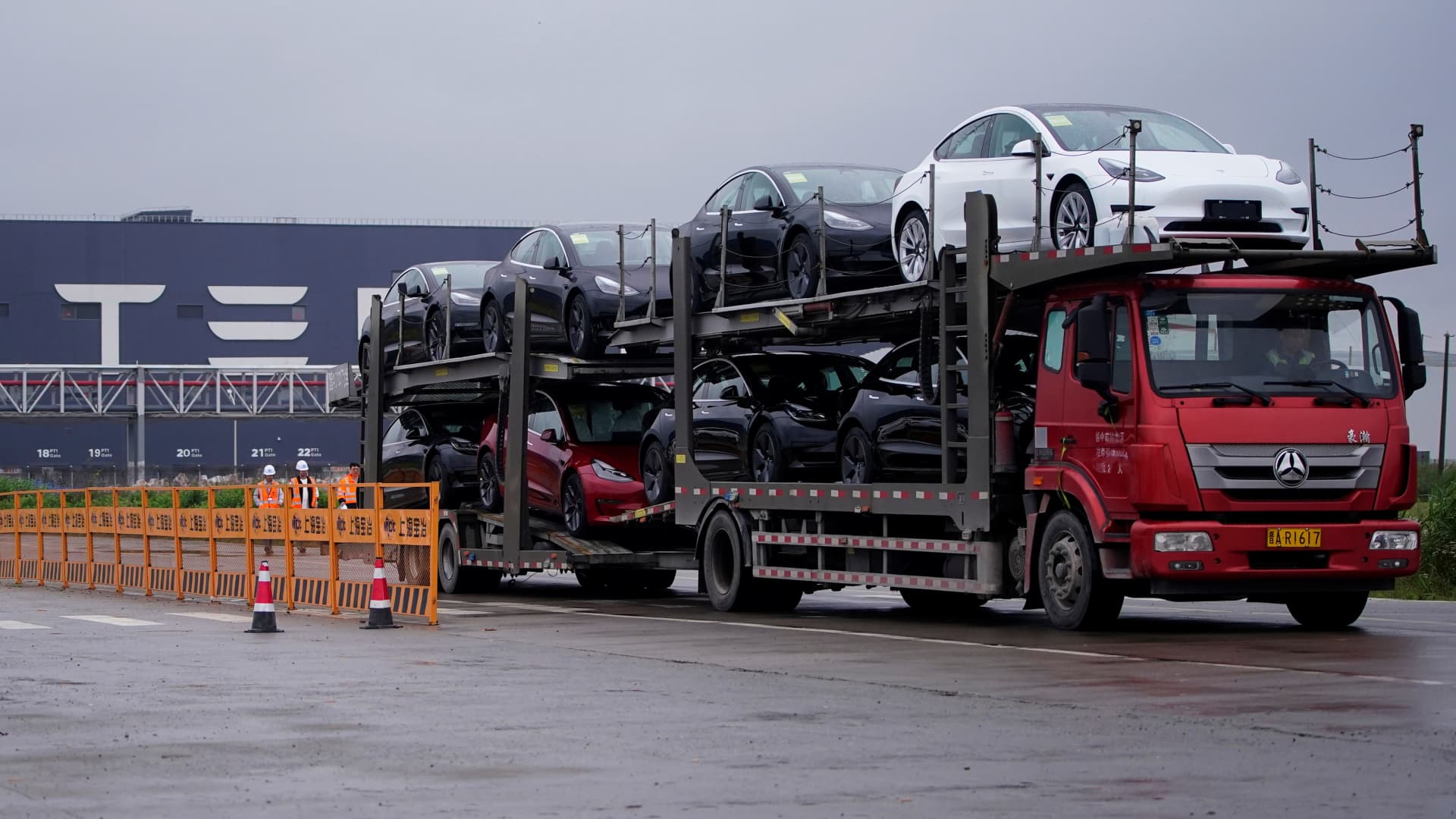
Customers experience new energy electric vehicles at a Tesla store in Shanghai, China, On December 4, 2021.
Future Publishing | Future Publishing | Getty Images
Tesla just reported first-quarter vehicle production and delivery numbers for 2022.
Here's how they did.
Electric vehicle deliveries (total): 310,048
Electric vehicle production (total): 305,407
Over the same period last year, Tesla delivered 184,800 electric vehicles and produced 180,338 cars.
Model 3 and Model Y vehicles comprised 95%, or 295,324, of deliveries in the first quarter of 2022, according to Tesla.
The company produced 4,641 fewer cars than it delivered during the quarter citing "ongoing supply chain challenges and factory shutdowns."
Analysts expected deliveries of 317,000 vehicles for the first three months of 2022, according to estimates compiled by FactSet as of March 31. The estimates ranged from a low of 278,000 vehicle deliveries to a high of 357,000.
Deliveries are the closest approximation to sales numbers reported by Tesla.
The company recently opened a new factory in Brandenburg, Germany, and had a ribbon-cutting ceremony on March 22. Tesla also plans to host a grand opening and "cyber rodeo" event on April 7, at another new vehicle assembly plant it's building in Austin, Texas.
Tesla moved its headquarters to Austin officially as of Dec. 1, but still operates its first electric car factory in Fremont, California.
Read more about electric vehicles from CNBC Pro
Globally, Tesla's operations during the quarter, which ended March 31, were weighed down by a Covid surge and new health restrictions in China, requiring temporary production halts at its Shanghai plant. In the fourth quarter, Tesla delivered 308,600 EVs, marking a record for the company.
Tesla, along with the rest of the auto industry, has also been hurt by widespread parts shortages, and inflation. Critical components like semiconductors remain in short supply, and prices have increased for raw materials like nickel and aluminum after Russia launched an invasion of Ukraine in February. In the U.S., Tesla has been leaving customers waiting for months before filling their car orders.
Tesla CEO Elon Musk warned in mid-March of inflationary pressures on the business, and hiked the prices of its cars in both the U.S. and China.
—CNBC's Jordan Novet contributed to this report.

 Tfoso
Tfoso 







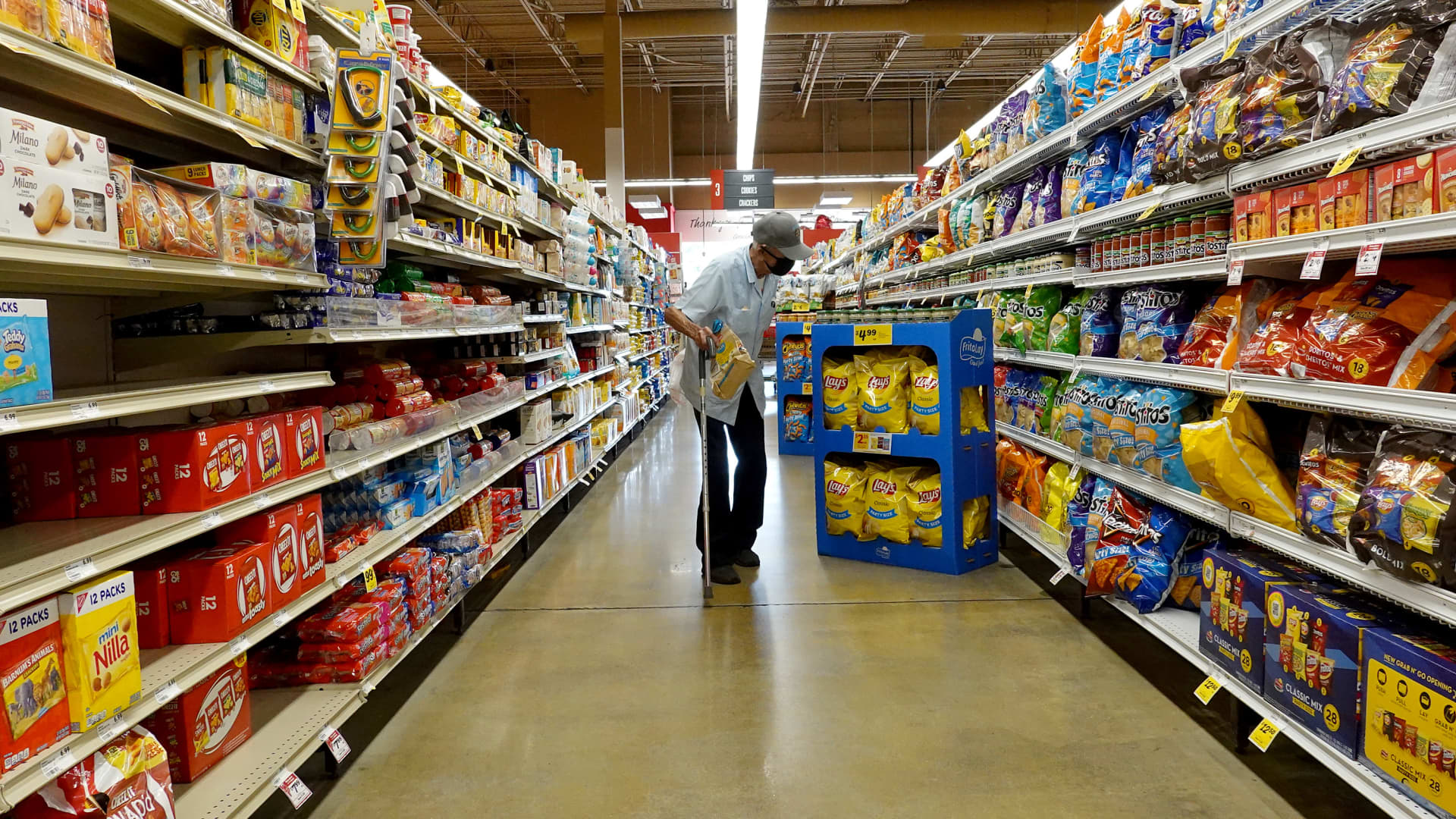
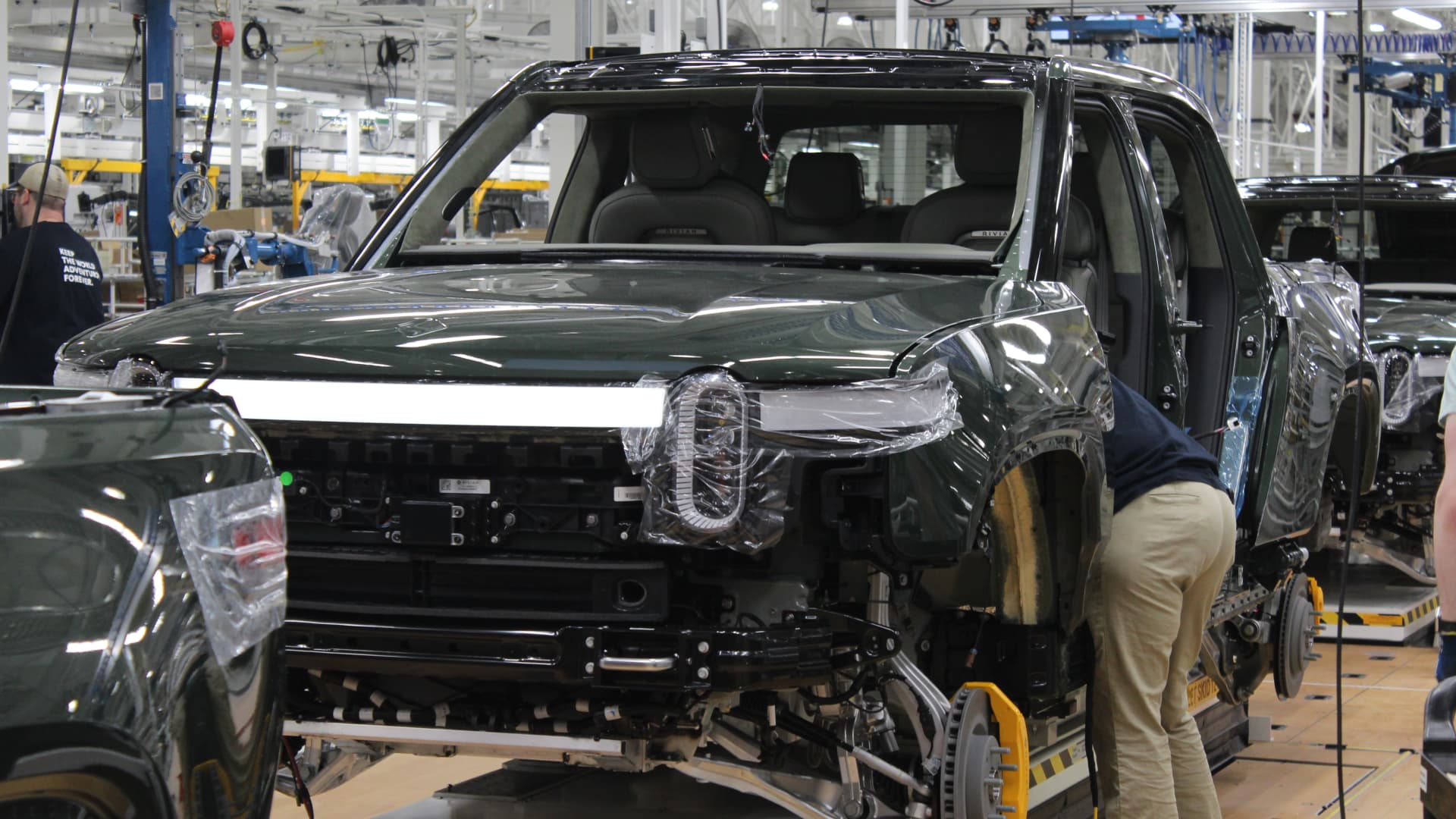
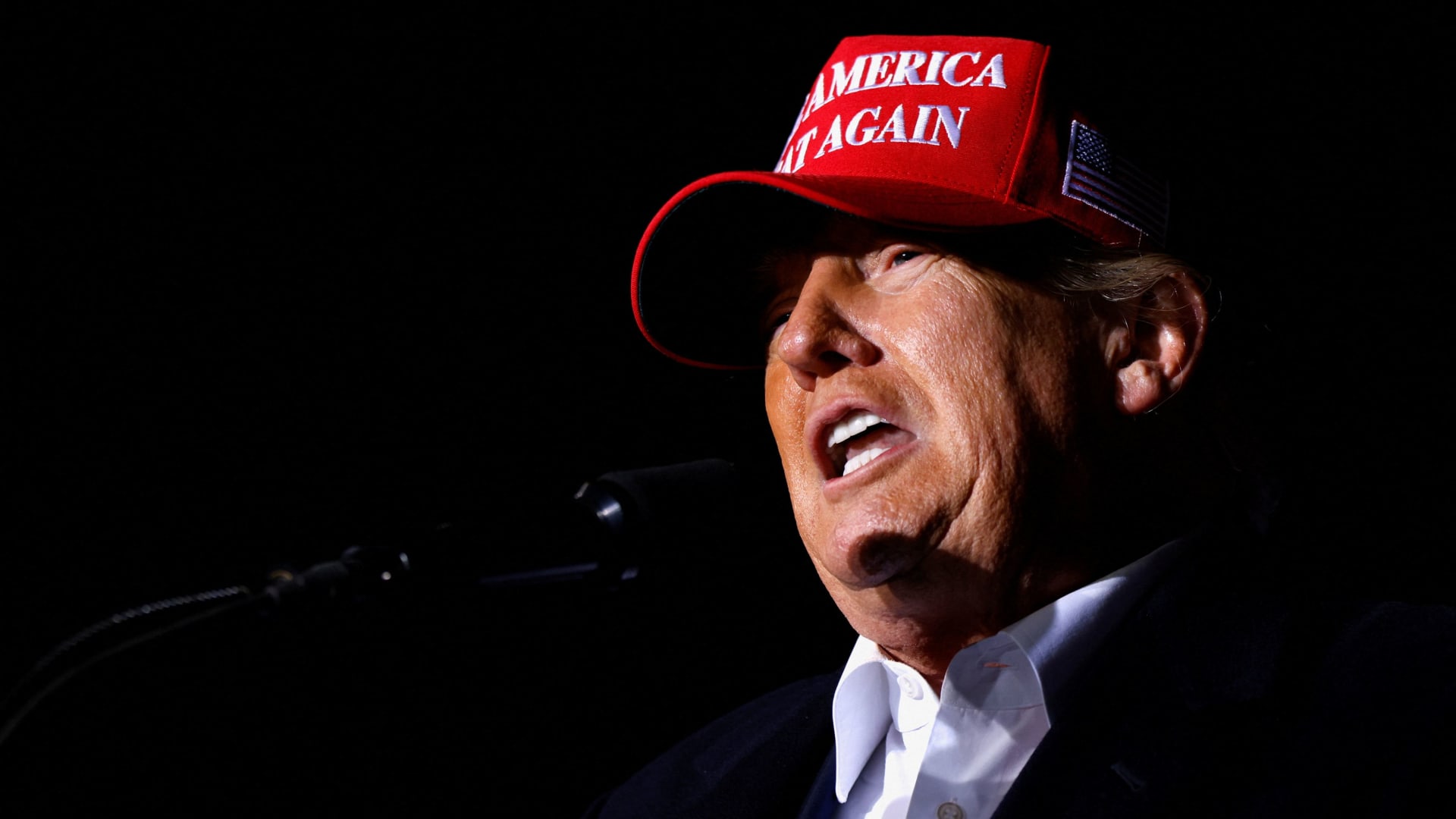
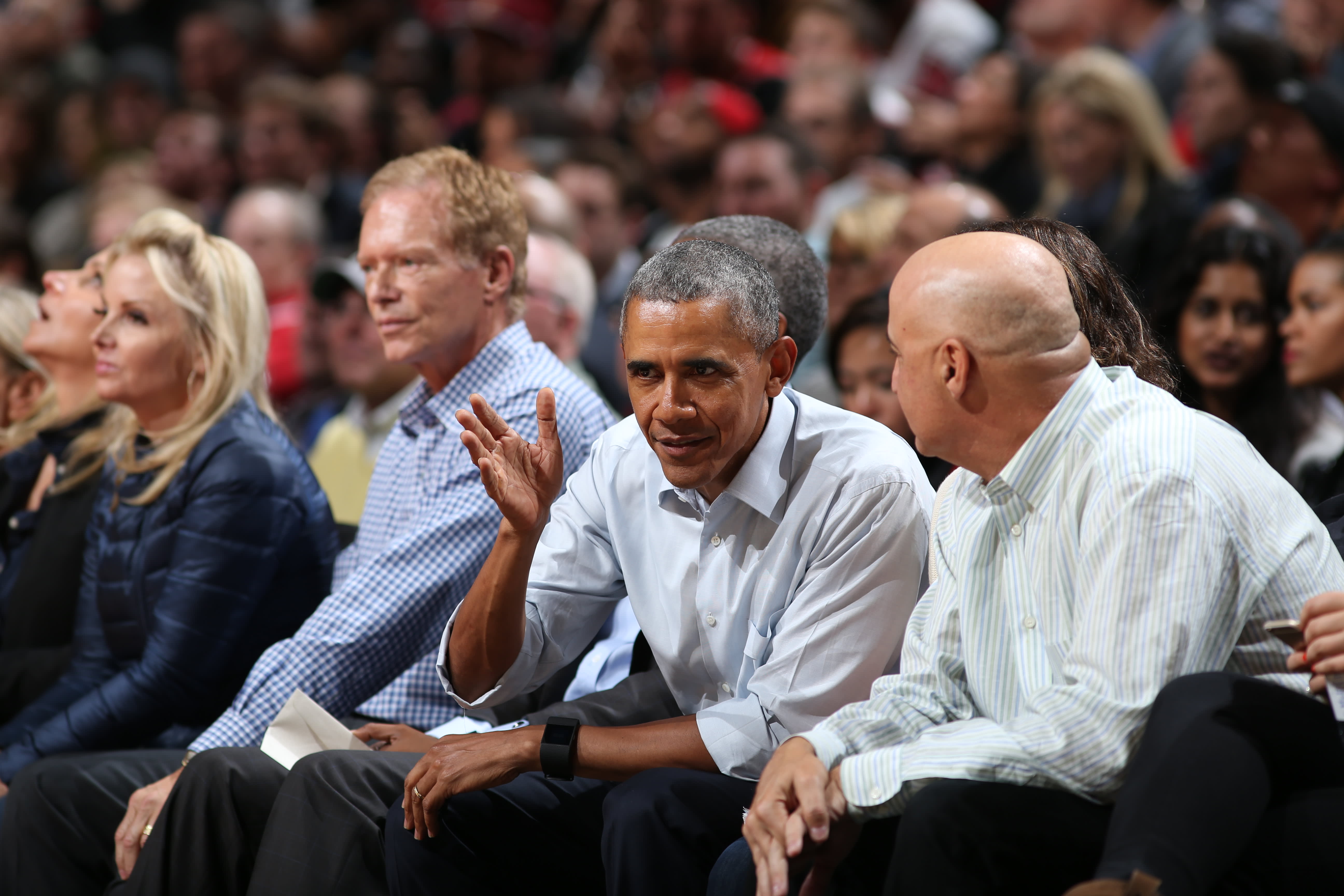








.jpg&h=630&w=1200&q=100&v=6e07dc5773&c=1)











